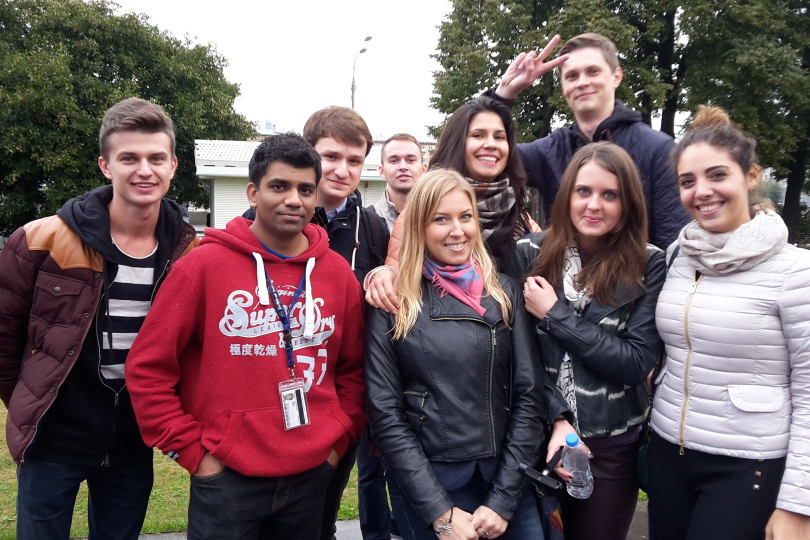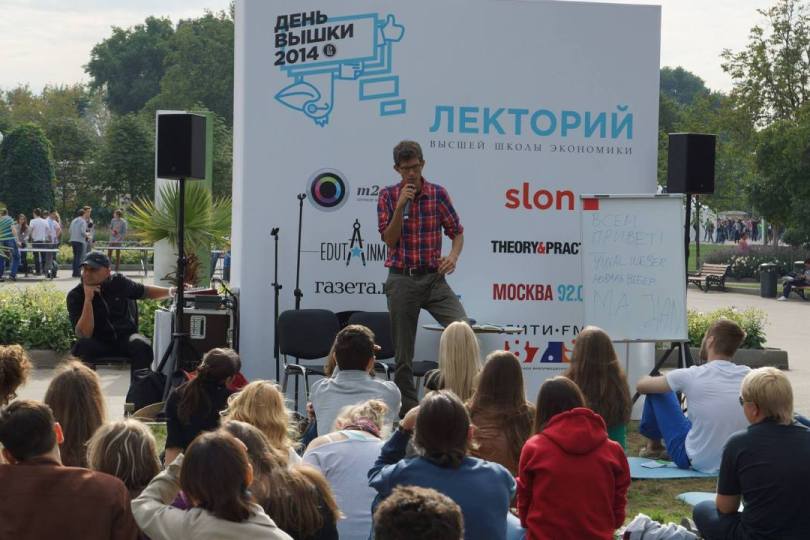Dr. Tim Jaekel, Assistant Professor at the School of Public Administration at the Higher School of Economics in Moscow, holds a PhD in Political Science from Heidelberg University. Before joining HSE in 2015, he served as a postdoctoral research fellow at the German Research Institute for Public Administration in Speyer and as a teaching fellow at the German University of Administrative Sciences.
Tag "international faculty"
Originally from Ontario in Canada, Jesse Campbell has been Assistant Professor at the School of Public Administration since the fall 2014. HSE English News asked him to look back over his first year in Moscow and share his impressions.
As part of the orientation events for international faculty members, the Office of Internationalization held an interactive workshop on Living and Working in Moscow led by Mira Bergelson, Professor in the Faculty of Humanities.
Professor Ronald G. Suny, head of the international research project "Comparative Historical Studies of Empire and Nationalism", today celebrates his 75th birthday!
The start of an academic year is always characterized by a new and expanded team of faculty and students ‘on board’ the HSE. In 2015 over 40 new international faculty members have joined HSE and are ready for a new voyage of discovery. Their stay at the university traditionally begins with a number of seminars, meetings and other events which come under the Orientations session, organized by the International Faculty Support Unit.
Takashi Takebe is a Research Fellow at the International Laboratory of Representation Theory and Mathematical Physics and Professor at the Faculty of Mathematics. He has been at HSE since 2009. He is a PhD in Mathematics from the University of Tokyo. He spoke to HSE News in English service about the unpredictability of life for international academics in Moscow, about teaching mathematics to Russians, the problems of language and cycling tours.


Research on game theory has a strong history in Russia, and this year’s opening of the new HSE International Laboratory for Game Theory and Decision-Making in St. Petersburg will only help it grow stronger. Leading the laboratory, which will include researchers from the St. Petersburg Institute for Economics and Mathematics, will be Herve Moulin, Donald J. Robertson Chair of Economics at the Adam Smith Business School at the University of Glasgow. Prof. Moulin is a scholar who is known for his research contributions in mathematical economics, in particular in the fields of mechanism design, social choice, game theory and fair division.
